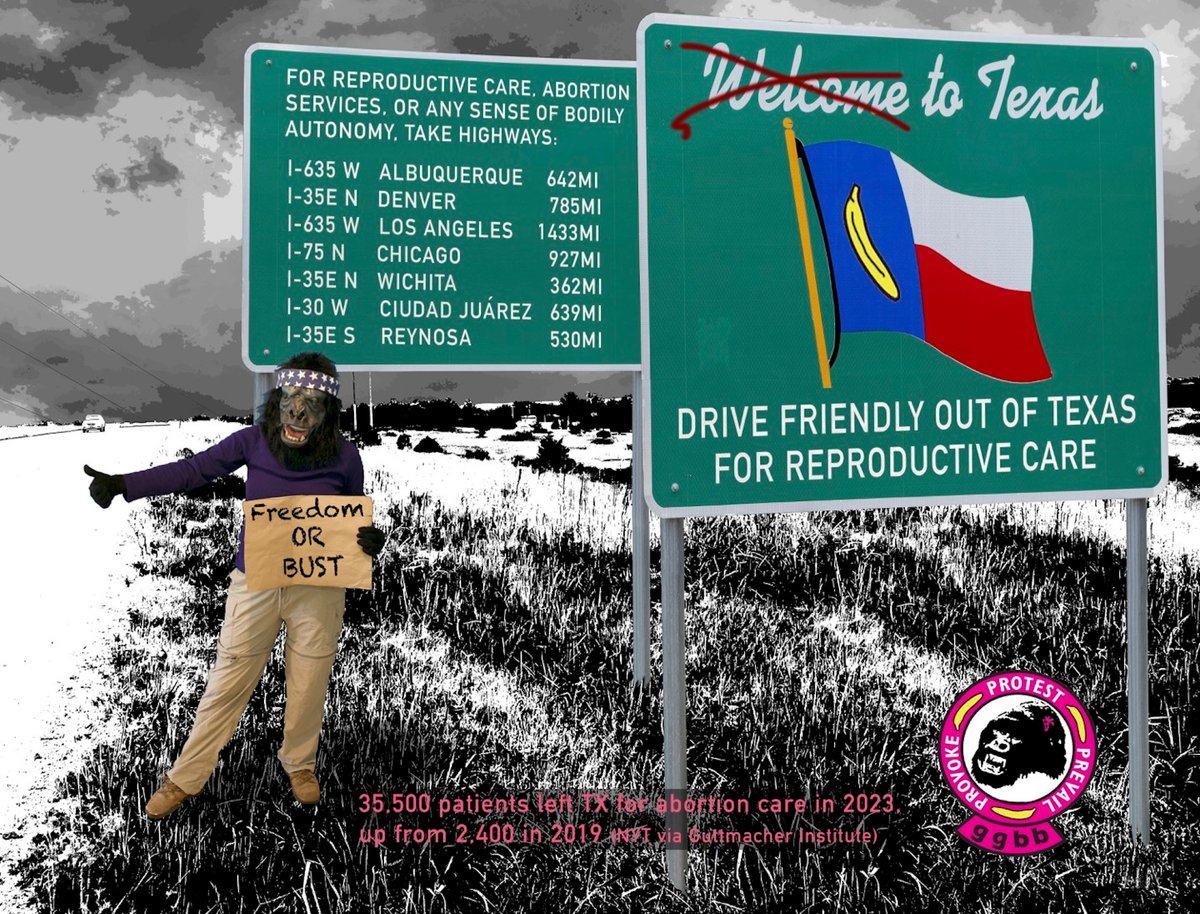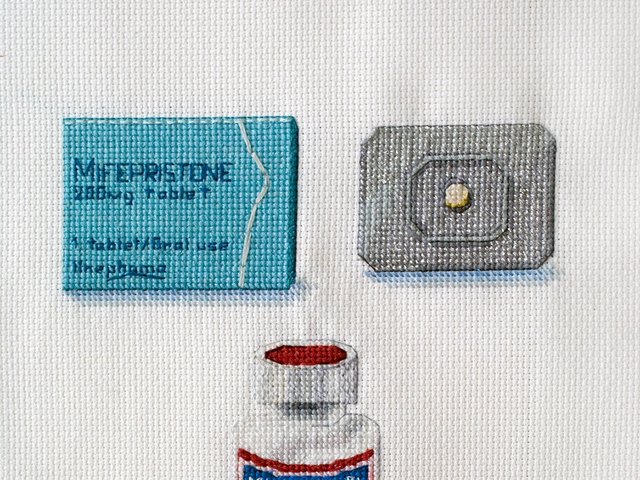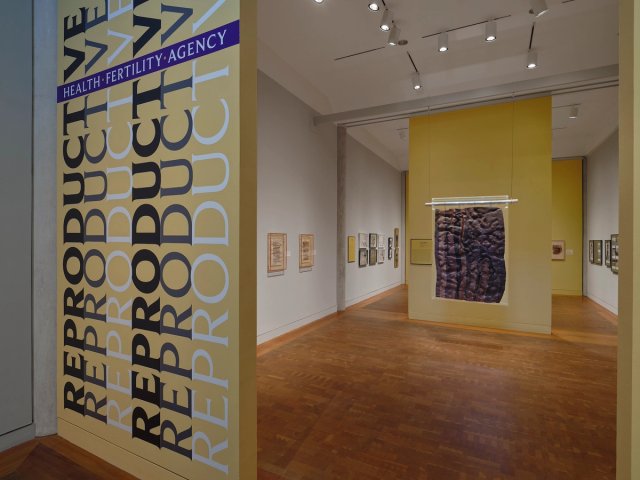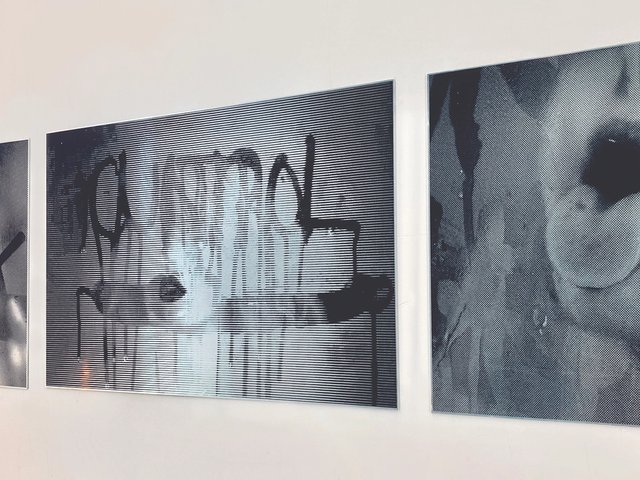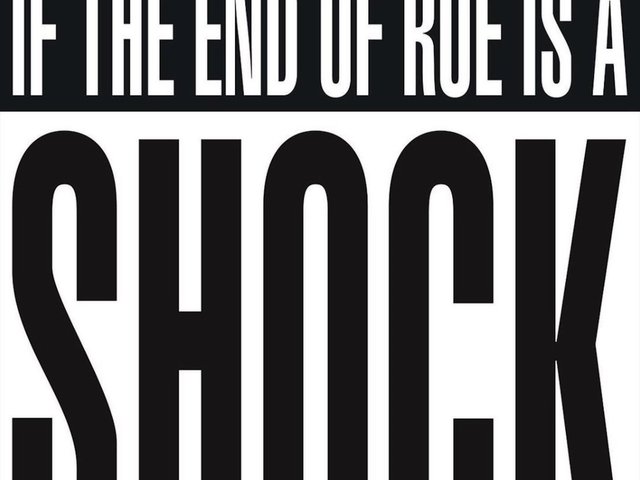An exhibition in Dallas is raising awareness of the importance of reproductive healthcare and abortion rights, increasingly urgent issues with the 2024 US presidential election just weeks away. Curated by Emily Edwards and Sara Hignite and organised by Hignite Projects, Is It Real? Contemporary Artists Address Reproductive Freedom(until 26 October) sheds light on the impact of the US Supreme Court’s 2022 decision overturning of Roe v. Wade. Focusing on artists with ties to the region, as well as those from marginalised communities, the show underscores the lived experiences of people in states where bodily autonomy is most at risk.
“Centring Southern voices and mounting this exhibition in the South sends a powerful message that there are many people down here who believe in an individual’s right to control their own body and medical decisions,” Edwards and Hignite said in a joint statement. “There seems to be a misconception in major coastal cities that Southerners are somehow a monolith and we are all anti-abortion. That could not be further from the truth. We are down here fighting for our lives.”
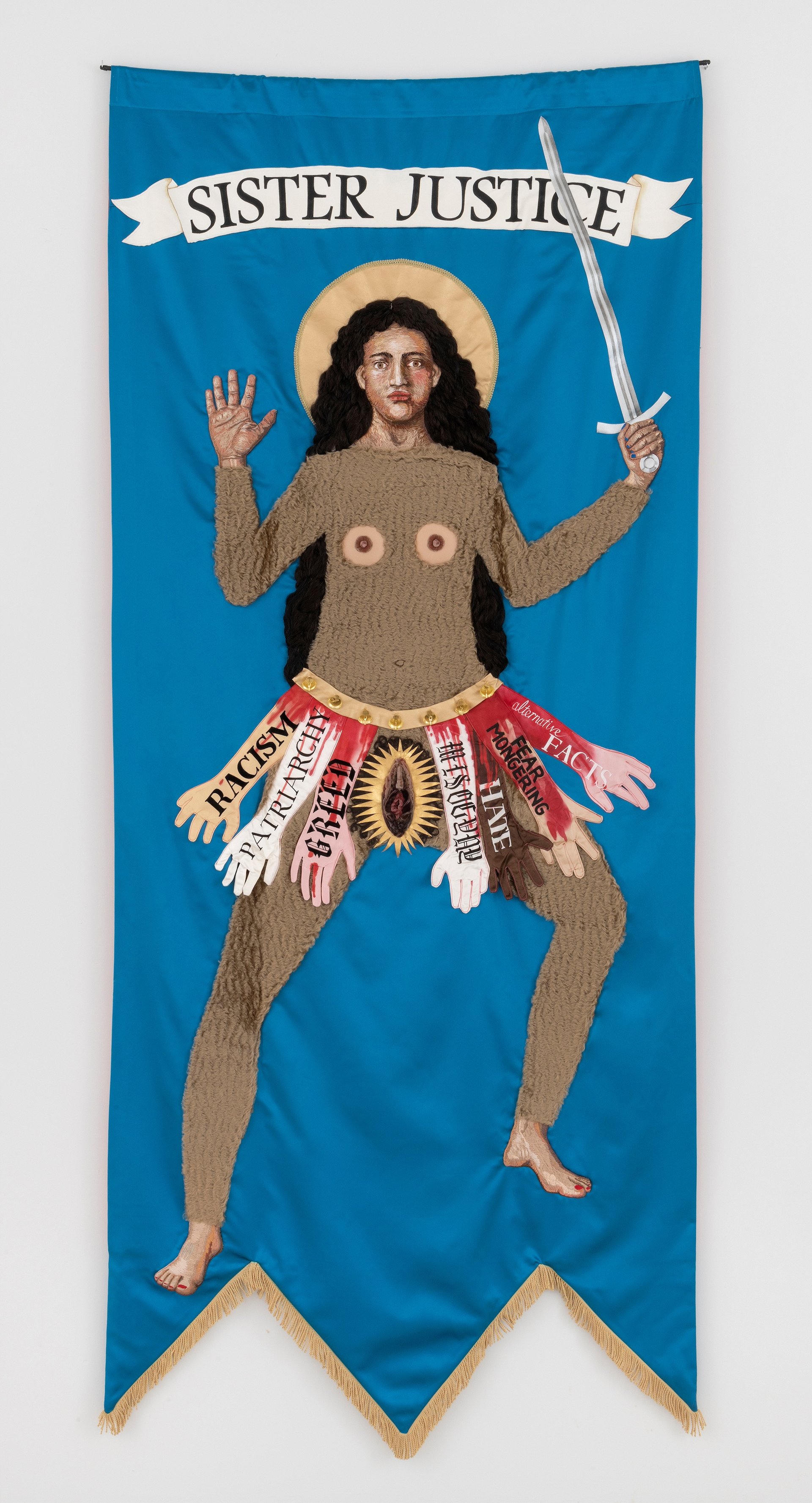
Yvette Molina, Sister Justice, 2019-20 Image courtesy of the artist
The exhibition was organised in partnership with the American Civil Liberties Union (ACLU) of Texas, Texas Abortion Advocacy Network, Texas Equal Access Fund (TEA Fund), the Afiya Center, Planned Parenthood Advocates of Texas and the Goss-Michael Foundation, and raises funds for TEA Fund and the Afiya Center.
The title of the show takes inspiration from the visceral painting Is It Real? Yes It Is!(1969) by Juanita McNeely, a work based on the artist’s experience with abortion access before the codification of Roe v. Wade in 1973. Edwards and Hignite organised the show independently, raising funds to cover the costs in an effort to avoid censorship that can impact publicly funded institutions. Such was the case for artist Lydia Nobles who, in 2023, had four works removed from the exhibition Unconditional Care: Listening to People’s Health Needs at Lewis-Clark State College in Idaho. Organisers said the pieces—sculptures and documentaries telling personal stories of people with experiences with abortion—violated the state’s No Public Funds for Abortion Act that bars the use of public funds for abortion or discourse that supports abortion.
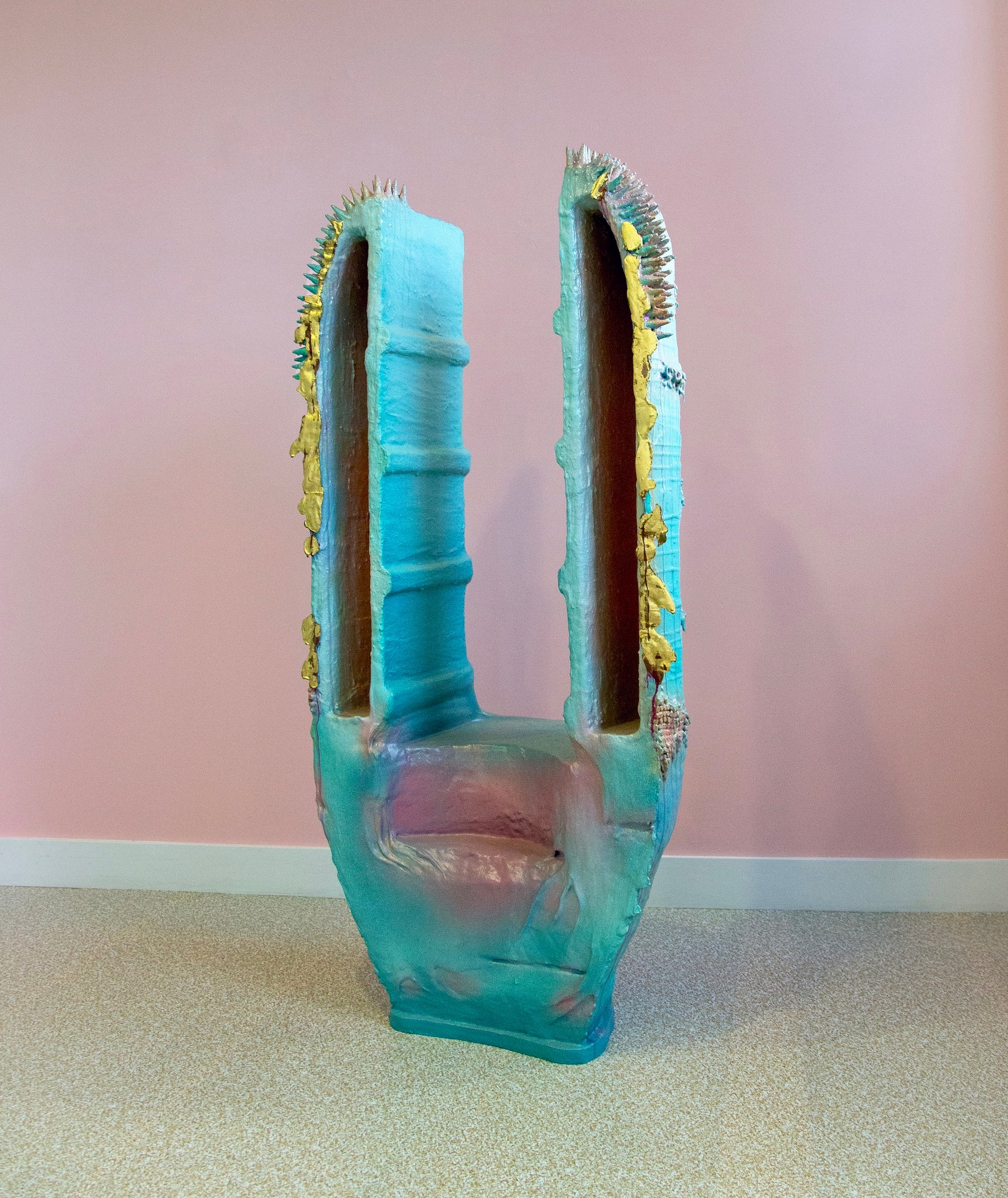
Lydia Nobles, DeZ'ah (2022), from the series As I Sit Waiting Image courtesy of the artist
One of Nobles’s censored works is featured in Is It Real? alongside pieces by nearly 30 other artists, including the Guerilla Girls BroadBand, who created a new commission intended to be used as an advertisement in stations across the city’s public transportation system, Dallas Area Rapid Transit (Dart). Featuring a road sign with distances to cities where access to “reproductive care, abortion services or any sense of bodily autonomy” are available, the ad was rejected by Dart for being political.
“In a region where discussing reproductive rights can lead to backlash or even personal risk, these artists boldly place themselves at the forefront of this conversation,” Edwards and Hignite said. “By sharing their experiences and perspectives, they not only illuminate the complexities of reproductive rights but also foster a sense of community and understanding among those who may feel isolated by these issues.”
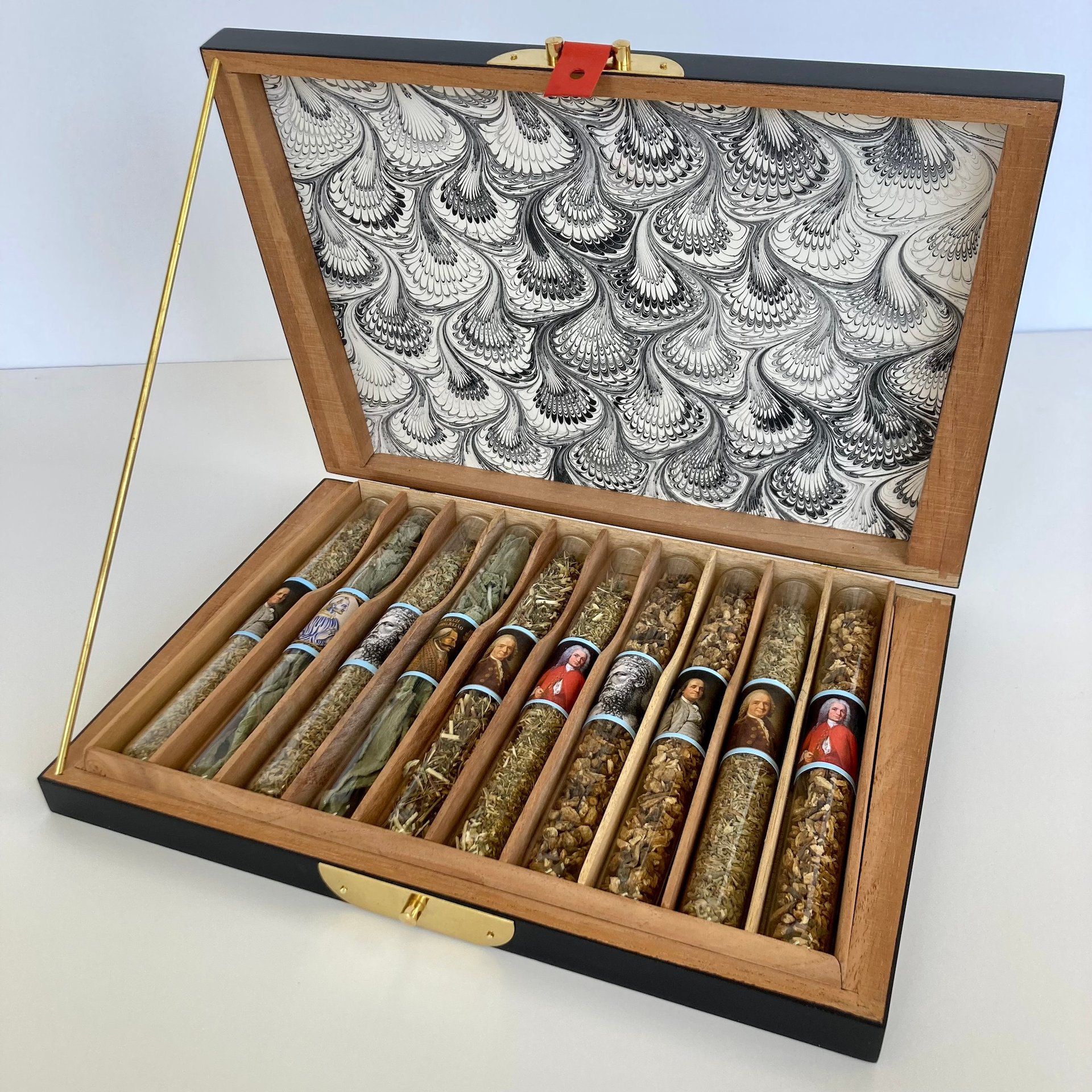
Cynthia Mulcahy, Daddy (War Garden Series), 2024 Image courtesy of the artist and Talley Dunn Gallery
Also included in the exhibition is Dallas-based artist Cynthia Mulcahy’s Daddy (War Garden Series) (2024), a lacquer box containing ten glass tubes that resemble cigars. Each tube has an image of a famous man, such as Benjamin Franklin and Pope John XXI (1215-77), all of whom published guidelines on how to prevent or terminate pregnancy with plants, examples of which fill the glass vessels.
“I want to draw in viewers with a James Bond-like travel case for the botanical agents,” Mulcahy says of the work. “At the same time, Daddy is a parody of the necessity of any man's advice about our reproductive lives. I hope folks think about the absolute necropolitics of all these laws being passed and the absurdity of the persecution and prosecution of people seeking basic healthcare.”
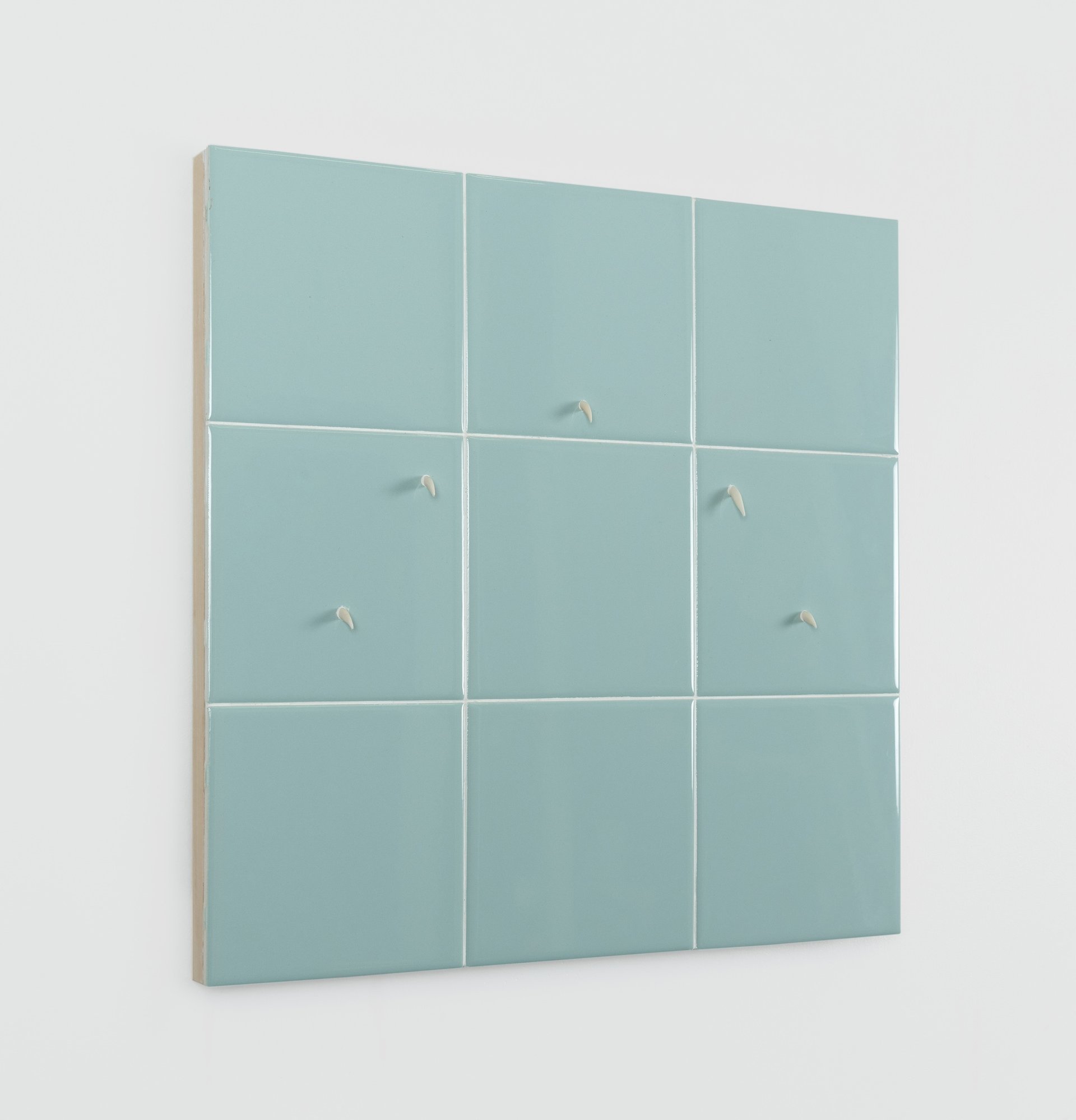
Elliot Doughtie, With teeth, the fox, he comes, 2019 Image courtesy of the artist
For the artist Elliot Doughtie, participating in the show had an added personal significance. Born and raised in Dallas, Doughtie left over a decade ago and rarely returns. “The lack of access to healthcare that I need and the threat to my personal safety is top of the list of reasons I left,” he says. “Anti-trans legislation aims to erase trans people from public life. It is directly tied to the erasure of the right to bodily autonomy and self-determination. My small work in this show is a direct response to that time in my life, not just in all of the negative ways but also in the reclaiming of the power within my body.”
- Is It Real? Contemporary Artists Address Reproductive Freedom, until 26 October, Lagoon Studio, Dallas


